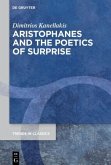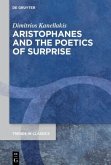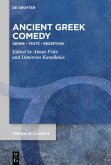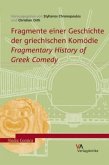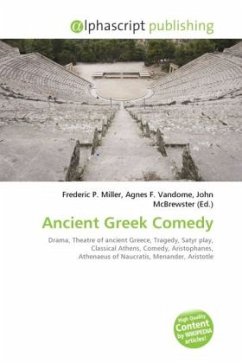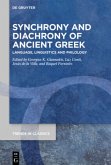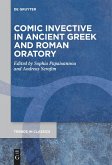Ancient Greek comedy relied primarily on its text and words for the fulfilment of its humorous effects and aesthetic goals. In the wake of a rich tradition of previous scholarship, this volume explores a variety of linguistic materials and stylistic artifices exploited by the Greek comic poets, from vocabulary and figures of speech (metaphors, similes, rhyme) to types of joke, obscenity, and the mechanisms of parody. Most of the chapters focus on Aristophanes and Old Comedy, which offers the richest arsenal of such techniques, but the less ploughed fields of Middle and New Comedy are also explored. Emphasis is placed on practical criticism and textual readings, on the examination of particular artifices of speech and the analysis of individual passages. The main purpose is to highlight the use of language for the achievement of the aesthetic, artistic, and intellectual purposes of ancient comedy, in particular for the generation of humour and comic effect, the delineation of characters, the transmission of ideological messages, and the construction of poetic meaning. The volume will be useful to scholars of ancient drama, linguists, students of humour, and scholars of Classical literature in general.
Hinweis: Dieser Artikel kann nur an eine deutsche Lieferadresse ausgeliefert werden.
Hinweis: Dieser Artikel kann nur an eine deutsche Lieferadresse ausgeliefert werden.


